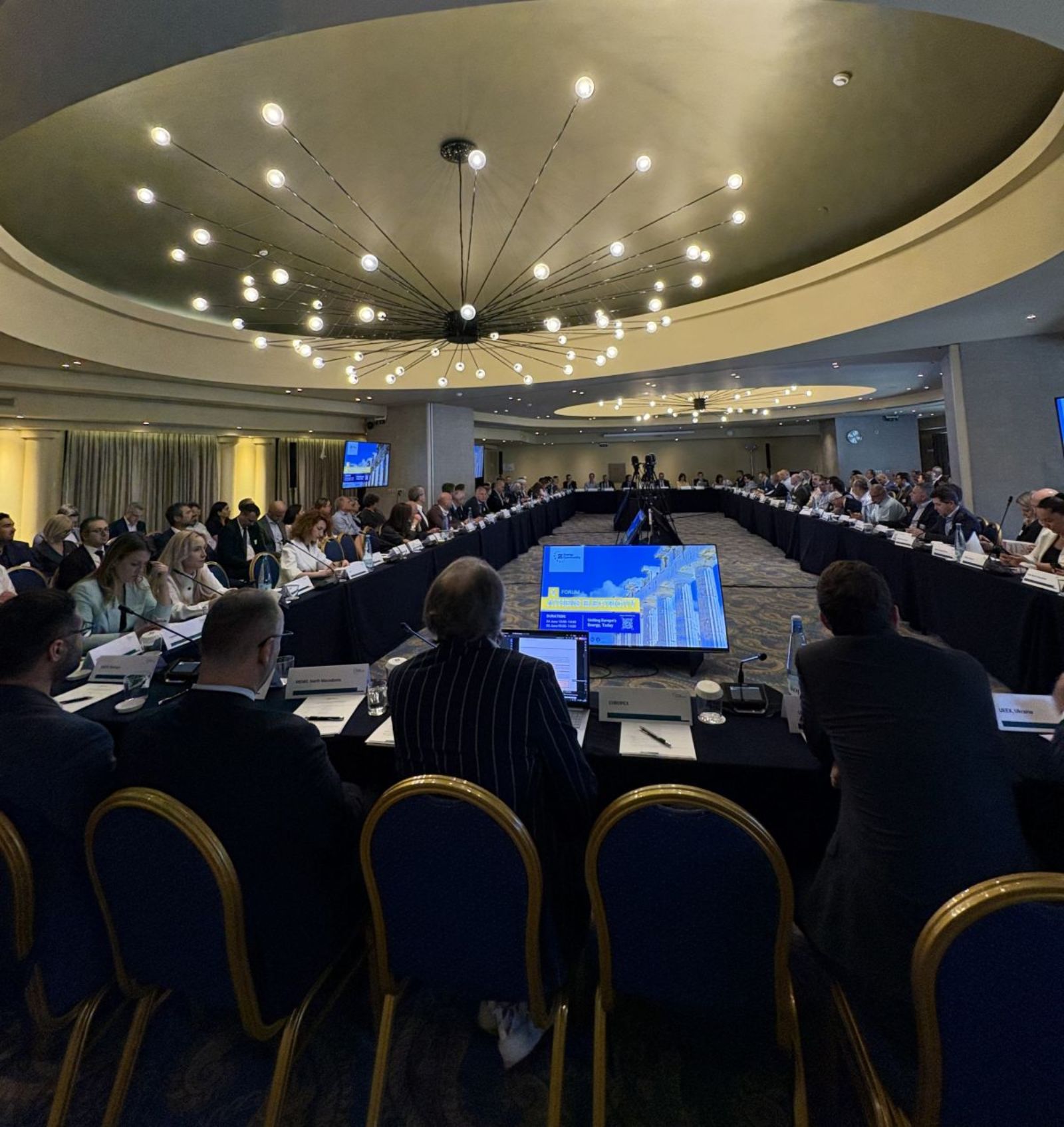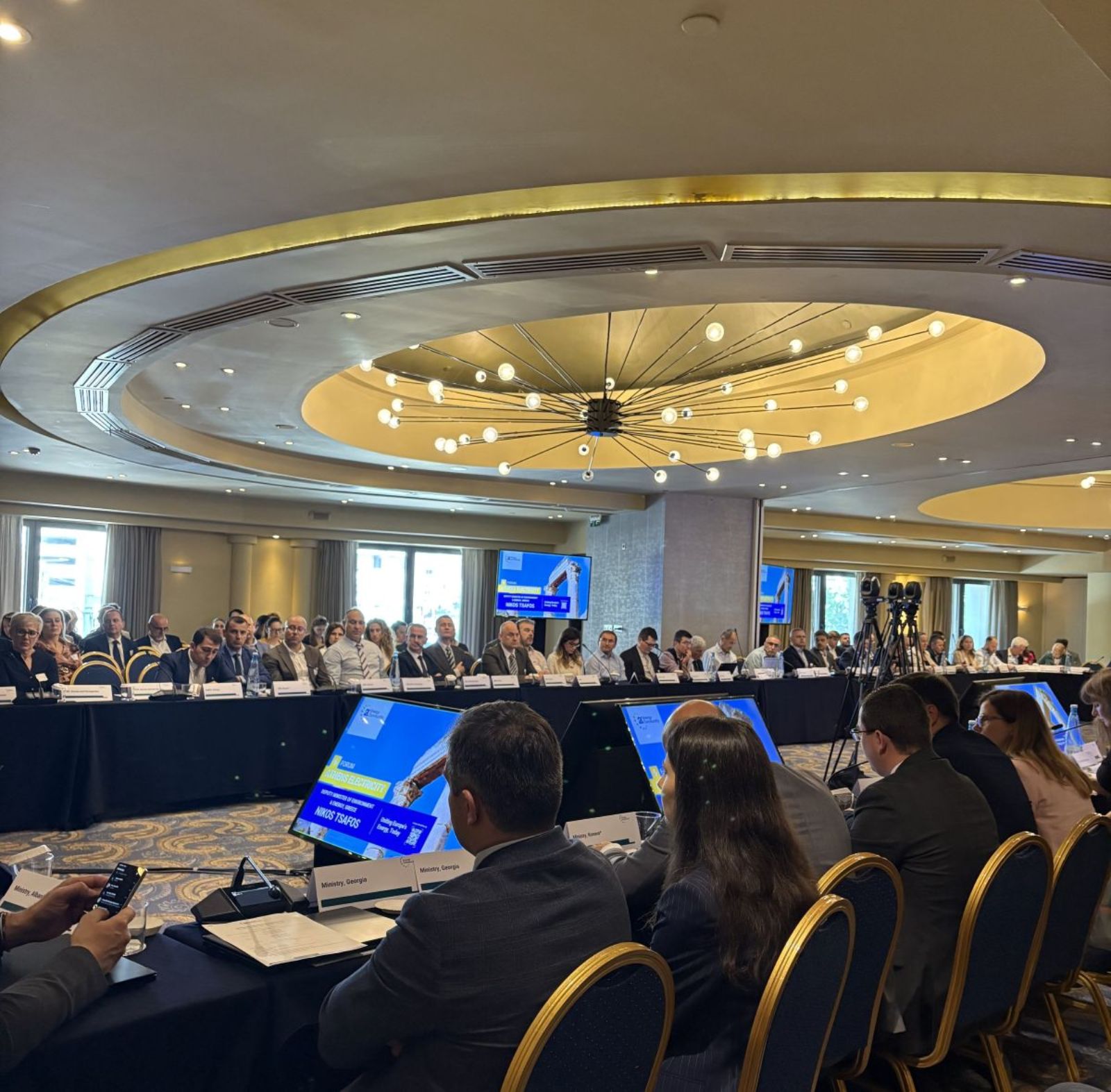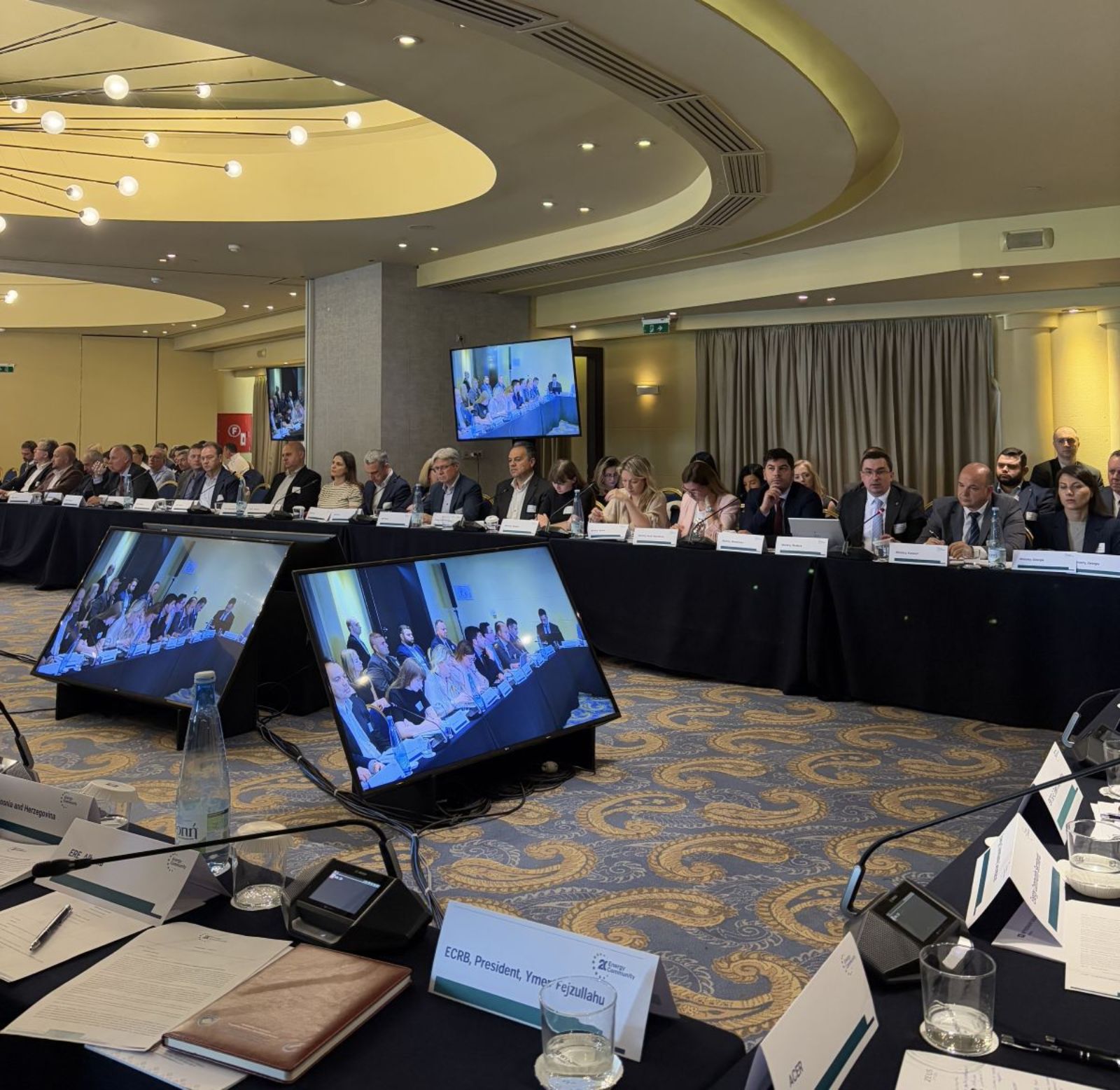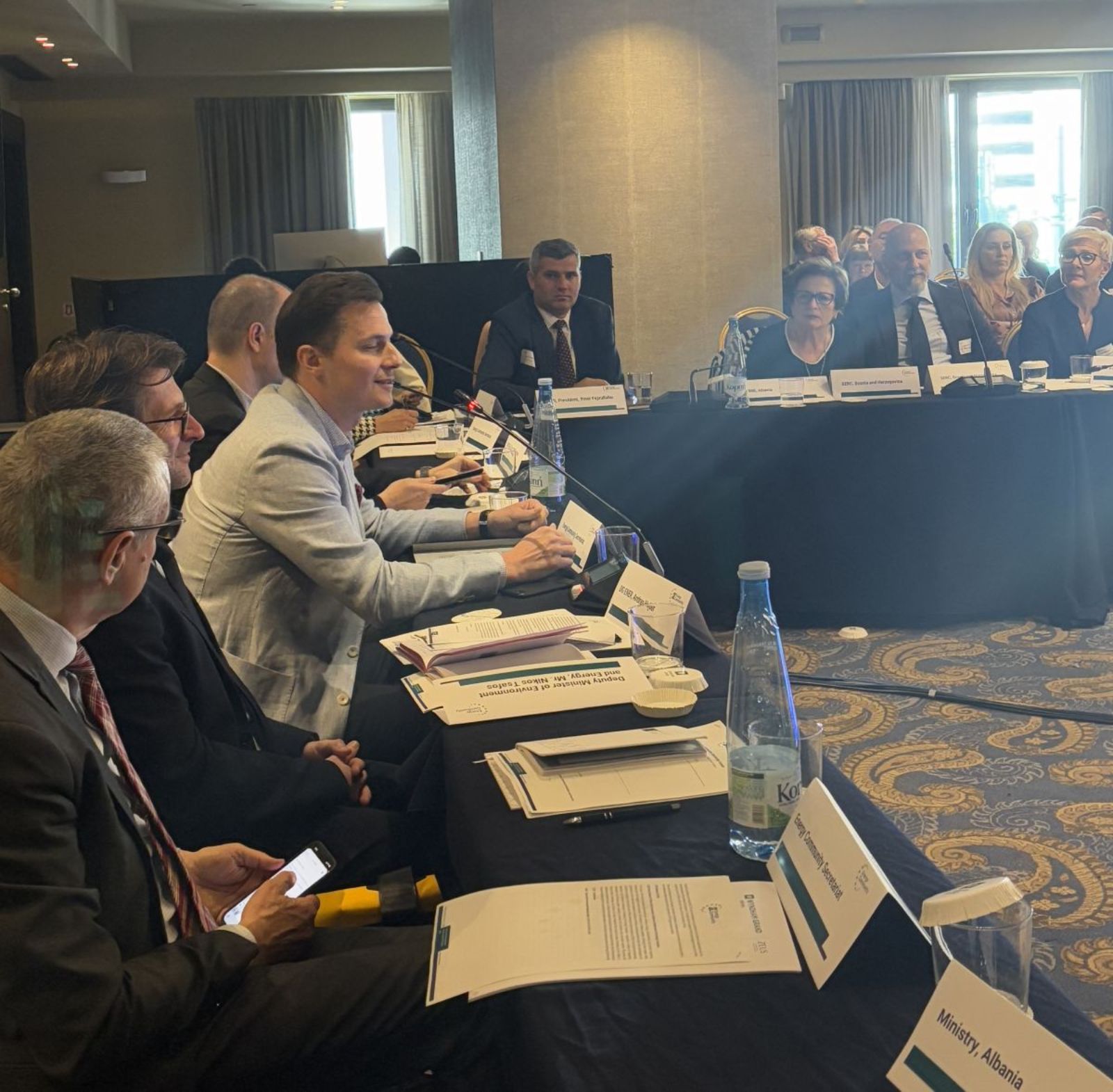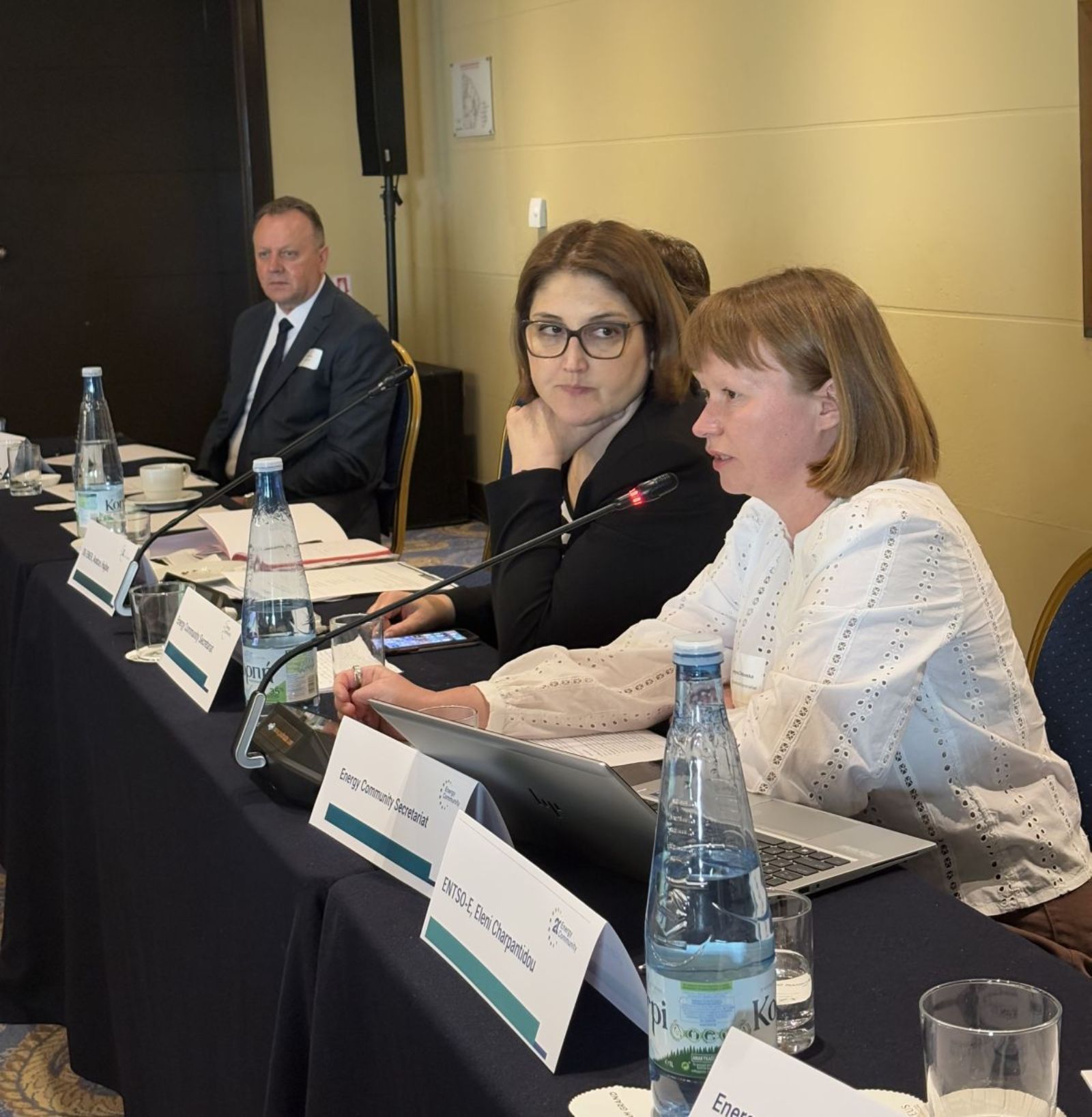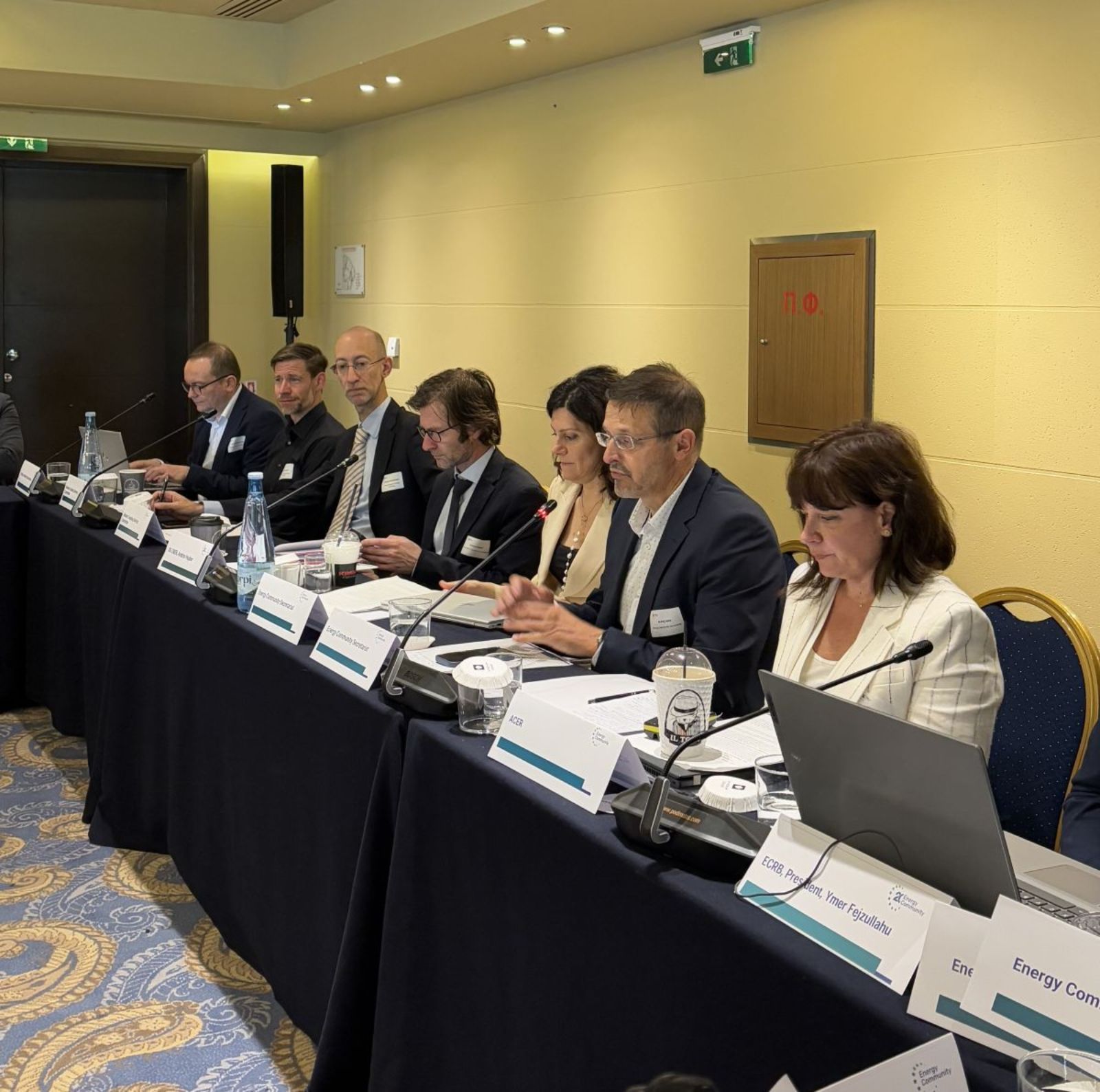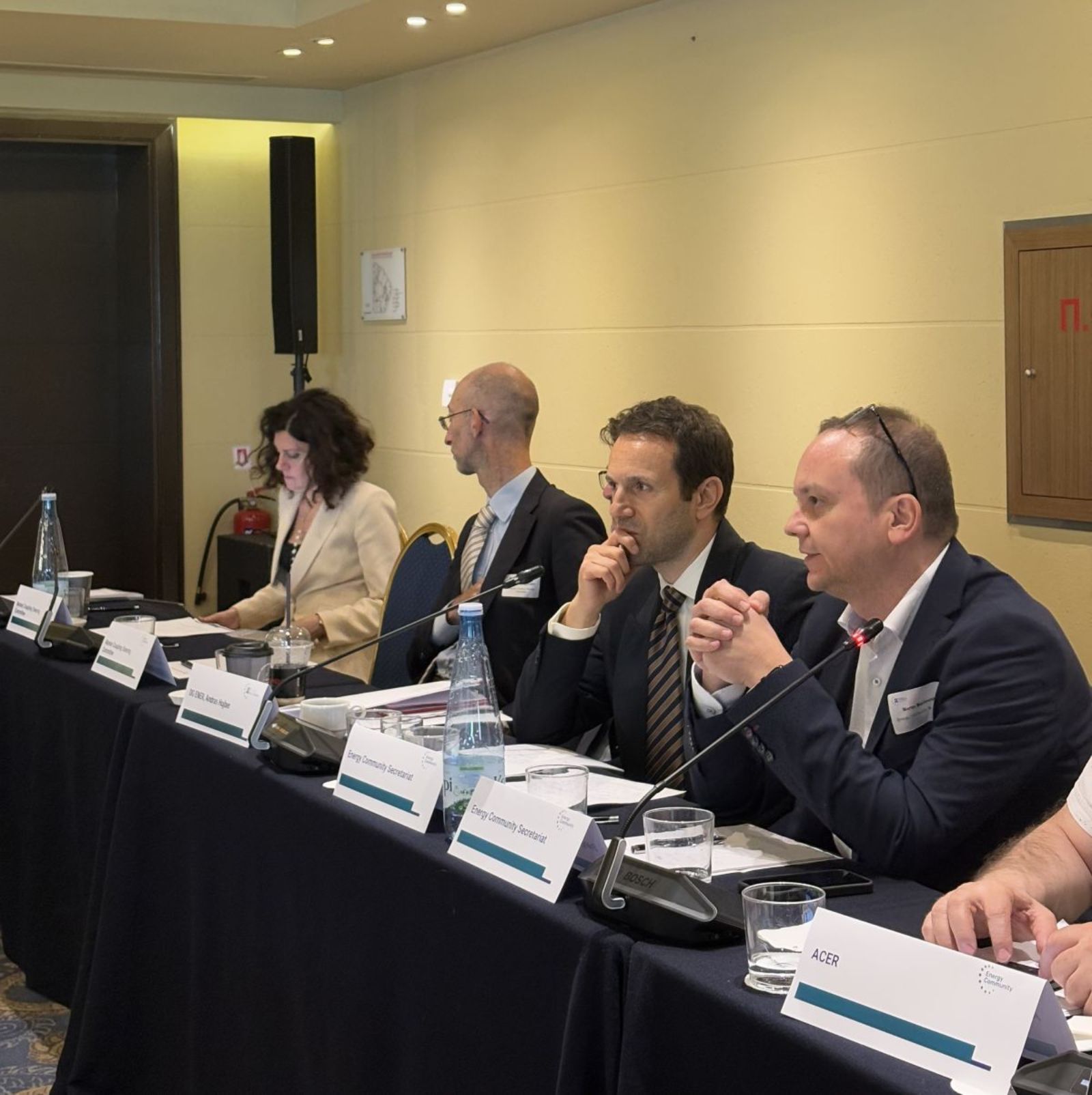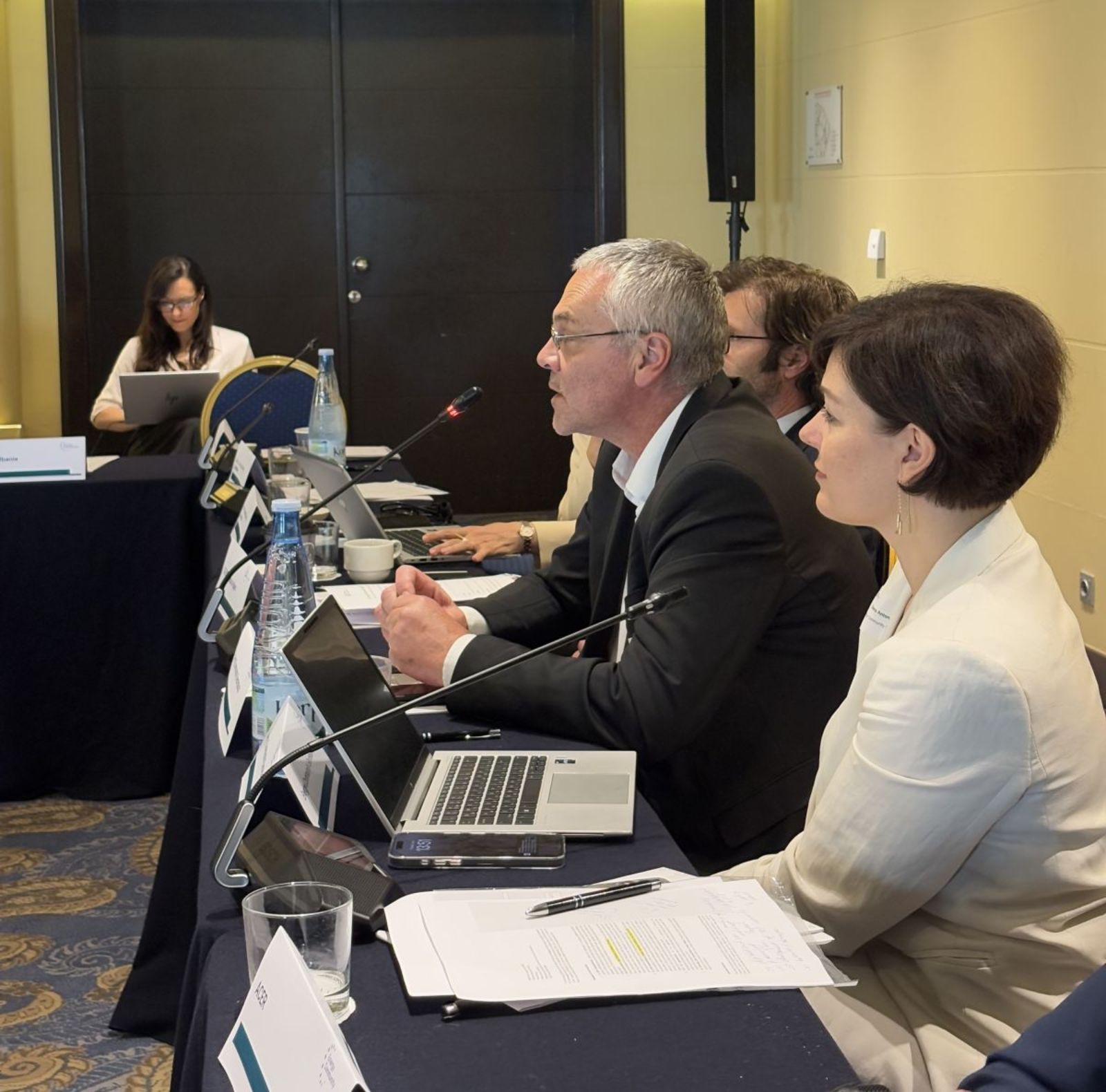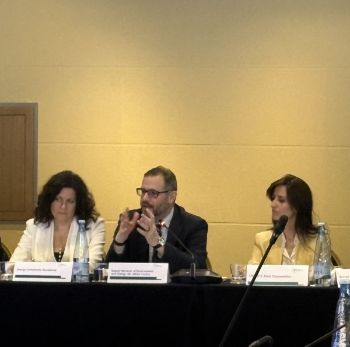
30th Athens Electricity Forum: Advancing Market Integration and Regional Cooperation
The 30th Athens Electricity Forum convened on 4–5 June 2025 in Athens, gathering high-level representatives from governments, regulatory authorities, market operators, transmission and distribution operators, industry, and associations. Chaired by the European Commission and hosted by the Energy Community Secretariat, the Forum provided a crucial platform to assess the state of electricity market integration and to debate strategies for accelerating the energy transition across the Energy Community.
In his opening remarks, Andras Hujber (DG ENER, European Commission) underlined the Forum’s longstanding role in guiding regional market integration efforts. Nikos Tsafos, Deputy Minister of Environment and Energy of Greece, welcomed participants, followed by an opening presentation by Eleni Charpantidou, Board Member at ENTSO-E, who set the scene with a focus on regional coordination as the key to market integration, operational stability, and system security.
The first day featured three key debates. The opening panel revisited the Energy Community’s founding vision of market integration, reflecting on 20 years of progress and examining the status of the Electricity Integration Package implementation. The Forum emphasized the need for completing transposition of the legal framework and urged for the parallelization of legal and technical processes to avoid delays and accelerate market coupling. A subsequent session addressed the intersection of carbon pricing and electricity market design, highlighting the impending implications of the Carbon Border Adjustment Mechanism (CBAM) on the market integration efforts. Speakers discussed risks related to electricity trading, cross-border flows, and investments in renewable energy. The final panel of the day turned to consumer-centric reforms, focusing on affordability and the importance of empowering customers as active market participants in the energy transition.
Day two opened with a regulatory perspective. Fay Geitona (ACER) introduced the session, where she examined, together with ECRB President and NRA representatives, how energy regulators are responding to their expanded mandates, particularly regarding market coupling rules, network tariff methodologies, and regulatory independence. In the following panel, transmission system operators shared progress on capacity calculation regions and outlined actions to address cross-border coordination challenges. The session on market coupling examined the prospects for integrating the Energy Community Contracting Parties into the EU’s single day-ahead and intraday markets by Q1 2027. Discussions also covered the need for coordinated action to mitigate risks of significant price spreads and alignment of VAT regimes. The Forum concluded with a debate on the role of distribution system operators (DSOs) in enabling the energy transition, particularly in integrating renewables, improving grid reliability, and attracting infrastructure investment.
Beyond its substantive discussions, the Forum served as a key networking venue, fostering dialogue, trust, and cooperation among stakeholders. The Energy Community Secretariat extends its sincere thanks to all speakers, participants, and partners whose engagement made the 30th Athens Electricity Forum a success.

